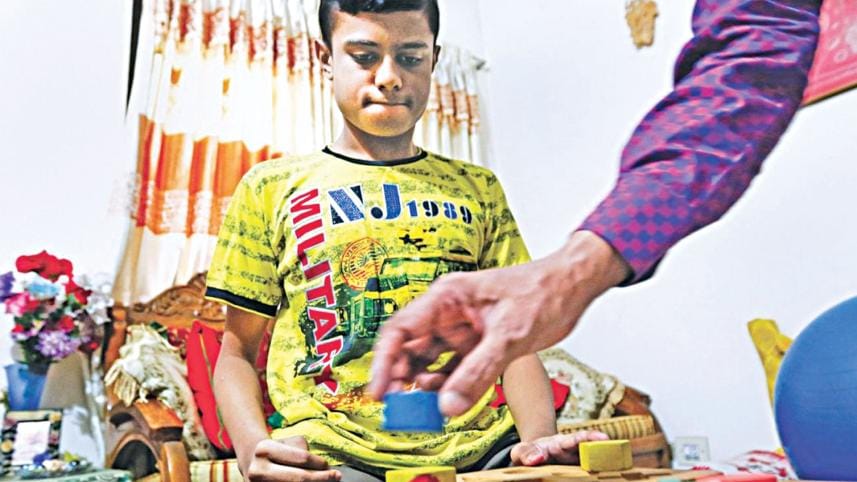Experts set out future of autism care and treatment with focus on personalised approaches

A new, comprehensive model of autism care and treatment that prioritises personalised, stepped care approaches is urgently needed, according to a new international report published in The Lancet.
Autism affects at least 78 million people worldwide, most of whom lack adequate support or care, especially those living in low- and middle-income countries or other resource-limited settings. A new personalised stepped care approach is urgently needed given autism's heterogeneity. People and their families benefit from personalised support based on their unique needs, characteristics, and circumstances that can be adjusted over time. This stepped care approach necessitates global coordination between governments, social sectors, healthcare providers, education and finance institutions, and individuals with autism.
To improve outcomes, national and international infrastructures should be developed to help prioritise research that goes beyond biology and studies of single interventions. Some psychosocial interventions have been shown in recent high-quality trials among young autistic children to reduce the impact of autism on development. It is imperative to find out what makes people with autism happy, what makes effective interventions for children and adults, and what keeps people with autism from changing their environment. The governments and health systems are accountable for providing life-altering support that benefits society.



 For all latest news, follow The Daily Star's Google News channel.
For all latest news, follow The Daily Star's Google News channel.
Comments